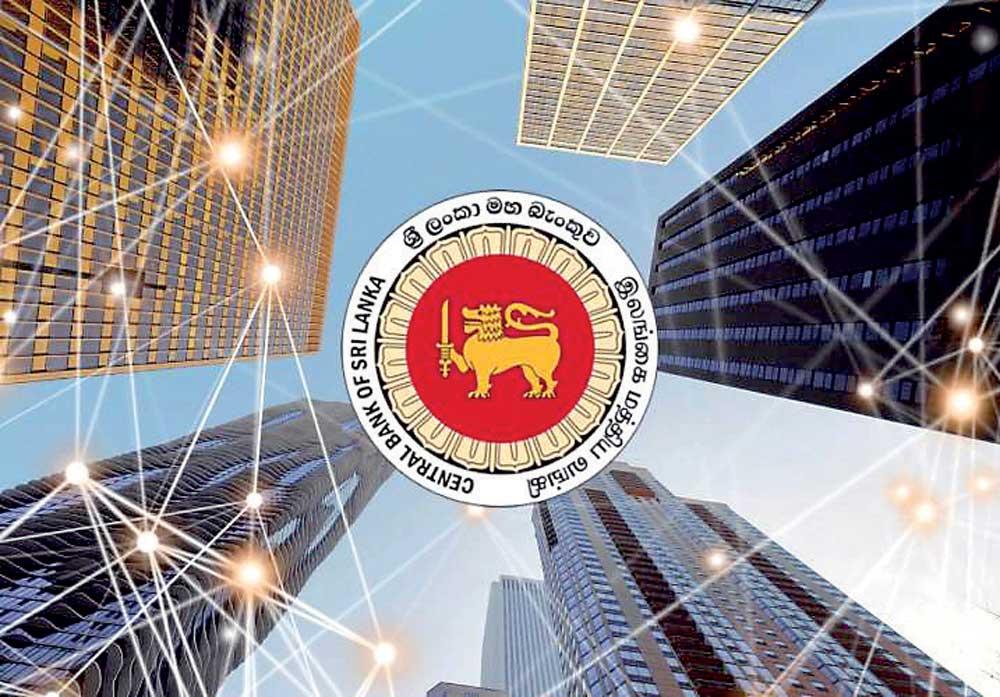29 Jul 2024 - {{hitsCtrl.values.hits}}

The Central Bank last week said it does not want to intervene in setting the interest rates, and will leave them to market forces.
This is despite there being a clear lag between the monetary policy decisions and the time it takes for the banks to pass down the benefit of such decisions to the borrowers and the real economy.
“We have no intention of regulating (interest rates)”, said Central Bank Governor Dr. Nandalal Weerasinghe.
Responding to a question on the decision made by the Cabinet of Ministers last week to provide relief for large swaths of the borrowers who were forced to borrow via pawning their gold jewelry, the Governor said it was something the government and the Finance Ministry will have to come up with as to how they are going to fund that relief or the subsidy.
The Cabinet has greenlighted a proposal by President Ranil Wickremesinghe in his capacity as the Finance Minister to provide an interest subsidy up to a maximum of 10 percent for gold backed loans taken on or before June 30, 2024 not exceeding Rs.100,000.
But whenever such a proposal arises, the Central Bank Governor says “the taxpayers’ money” is needed to fund programmes to help those disproportionately affected by crises from the 2019 Easter attacks to the 2021 pandemic and the 2022-2023 economic crisis.
At the same media briefing, he brought up the same argument of the so-called, “tax payers’ money”, when there was a proposal by the President supporting the setting up of a development bank to help ease access to finance by small businesses which the commercial banks mostly overlook at present.
Discussing the possibility of a full or partial credit guarantee provided by the government, Weerasinghe reiterated that government guarantees mean taxpayer money would be used to settle the loan in case of a default.
“So, if you gentlemen like to settle a loan defaulted by somebody else from your tax money, then that can be implemented,” he told the members of the media.
Weerasinghe frequently mentions “taxpayers’ money” to challenge proposals requiring government support for certain sections of society and the economy. This approach overlooks the significant role governments, especially in poorer economies like Sri Lanka, play in achieving social and economic objectives through tax policy.
Weerasinghe’s economic perspective seems to disregard the fact that societies consist of individuals at varying economic levels, some of whom are marginalised and need periodic or continuous support.
The government aims to assist those disproportionately affected by events beyond their control. Despite this, Weerasinghe focuses on the use of “taxpayers’ money.”
25 Dec 2024 24 minute ago
25 Dec 2024 1 hours ago
25 Dec 2024 2 hours ago
25 Dec 2024 2 hours ago